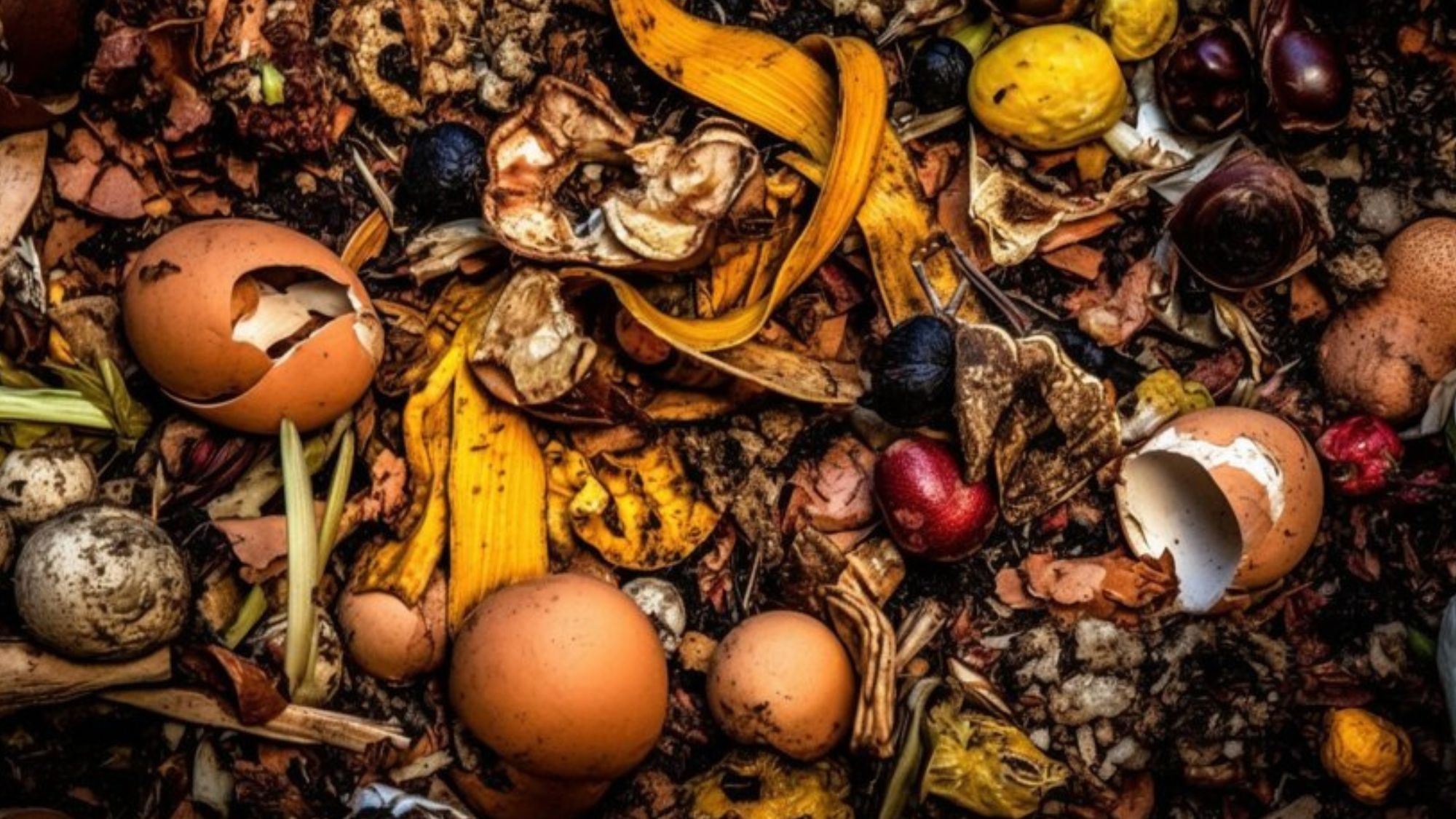There are various approaches to consider when considering food trash composting. Realizing that you are, genuinely, lowering your environmental impact and contributing to the fight against climate change is one method to do this. Search for Lancaster skip hire if you want to remove the waste from your surroundings.
There’s also the enjoyable aspect of it being a family project that involves the kids, benefits the environment, and will cause a few noses to wrinkle along the road. A strong stench can come from decaying tomatoes, eggshells, leftover spaghetti, banana peels, and mouldering spaghetti in a disposable container in your kitchen. But what a worthy, powerful odour that is.
Composting: What Is It?
Composting is an art form that rеquirеs combining thе right amounts of carbon and nitrogen and oxygen in thе air and moisture (such as water) and an’ organic matter (such as food scraps and yard trash) to spееd up thе breakdown of undesired materials. According to experts, this setting еnablеs bacteria to rapidly consume thе compost’s contents and transform it into еxtrеmеly fertile soil.
Soil Conditioner and Carbon Sink:
Compost nourishes the soil and promotes the growth of microorganisms. Through photosynthesis, these microorganisms can sequester carbon from the soil. Since carbon is a component of everything, as many organic chemistry majors are aware, compost is an excellent way to remove carbon from food waste and reintroduce it back into the ecosystem—but not through the harmful emissions type of way.
Cut Down On Greenhouse Gas Emissions:
Speaking of which, biodegradable waste that is dumped in a landfill will decompose anaerobically and emit greenhouse gases, mostly the poisonous gas methane, which is one of the main causes of global warming. This is stopped by composting.
Minimizes Food Waste:
The best approach to cut down on food waste is to compost. Since the average American throws a lot of food in the trash, sustainable habits like at-home composting can be very helpful, even on a small scale. Up to 40% of the food manufactured in most countries is never consumed, according estimates to from experts. It’s projected that over 133 million kg of edible food is wasted annually in the US alone. This not only wastes all of the invaluable assets needed to produce food, but it also costs the people over $161 billion in lost revenue.
Remember To Take Oxygen:
Composting maintains a bad reputation for smelling, but according to Brown, if done correctly, it shouldn’t be done. An inadequately aerated compost mound is anaerobic, meaning oxygen isn’t reaching the pile, in her opinion. The well-known phenomena of farts exhibit the same characteristics. “The gases released during a fart are similar to the gases found in the remains of compost because the gastrointestinal system is normally anaerobic,” the speaker stated. Beyond the stench, there are other detrimental effects when a compost pile is anaerobic.
Removes Stuff from Landfills:
You probably send a lot of rubbish to landfills with your coffee grounds, leftovers from cooking, wasted paper items and yard waste. The typical American will send 1,200 pounds or more of biodegradable garbage to landfills annually. Reducing landfill waste through decomposition constitutes a task we must do.
It is crucial to understand that a landfill is a limited area. There’s only so much garbage and organic waste. We can put in it before it needs to be sealed off and covered with plastic as well as cement. There is a limit to how numerous times we can open a landfill, fill it with rubbish, and then shut it down. We will ultimately run out of available landfill space. In some areas, this might happen as soon as 5–20 years from now.
Circular Economy:
A resilient loop is created by turning the organic matter you produce into compost. Which enhances the condition of the soil and increases agricultural output, bolstering the nation’s food supply. Waste is subsequently produced to repeat the cycle. This is known as the circular economy for short. Trash may become a treasure with composting.
Regulates Erosion:
Additionally, drier soil is more inclined towards erosion. A process in which the earth is moved away from the landscape’s surface by wind or rain. Adding composting to the ground increases the amount of organic matter in the soil. Which helps to prevent erosion. In addition to many additional environmental advantages, assisting with erosion control can help maintain healthy plant life. And lower pollutants in streams.
Final Words:

You might not have enough room for a composting heap, regardless of whether you are fully conscious of the environmental benefits of composting. Some people are just not able to handle foul food waste. Thankfully, you are not required to! Incredibly now simpler than ever to take advantage of composting’s benefits for the environment. Decomposition at home can be as easy as pressing a button.








